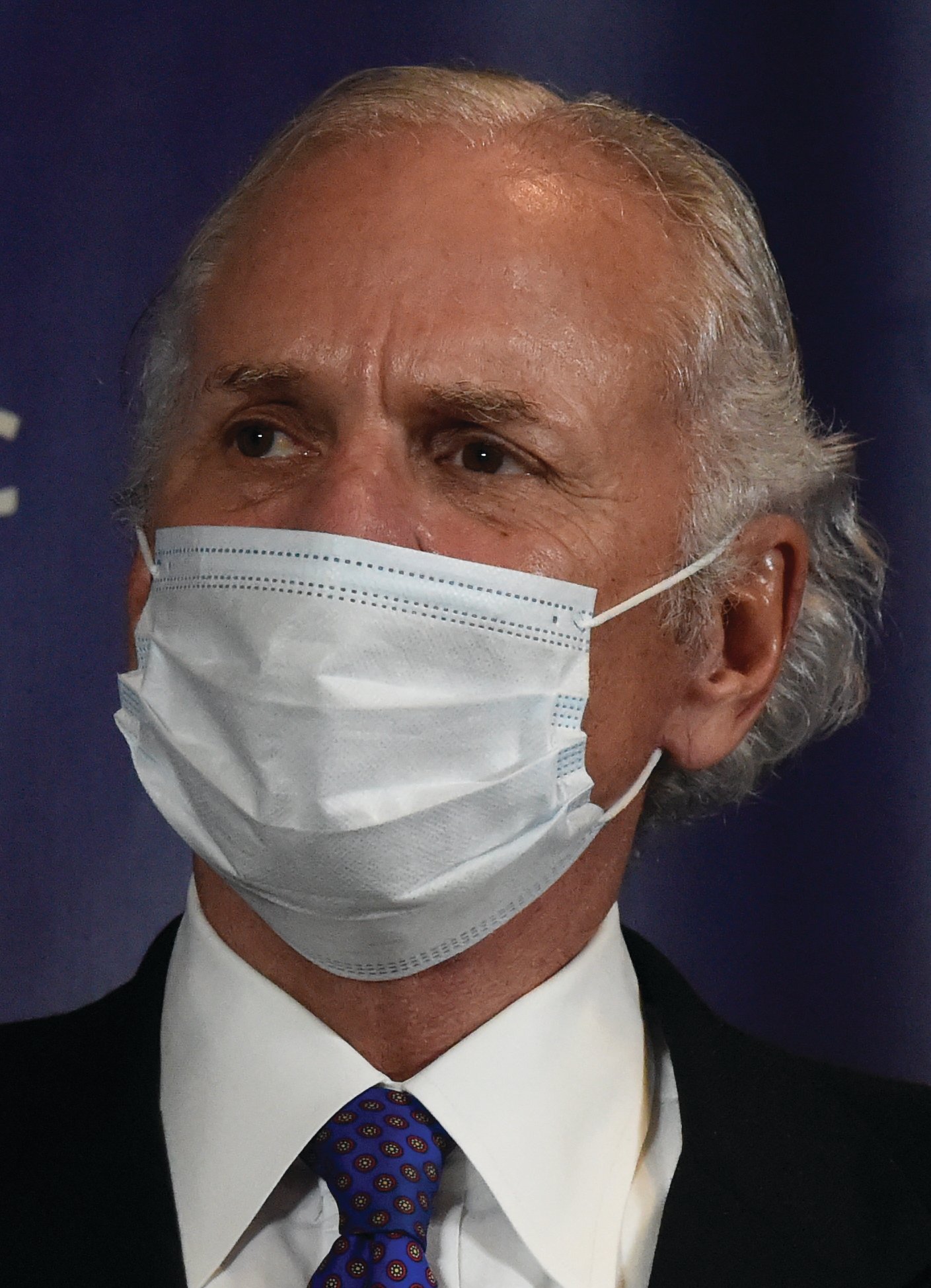1,500 agribusiness jobs coming to S.C.
By MEG KINNARD
The Associated Press
COLUMBIA - More than 1,500 agribusiness jobs are coming to a rural pocket of South Carolina in what officials are calling the largest such investment in the country that's part of an opportunity zone.
Gov. Henry McMaster said the $314 million investment would be a boon to the area in Hampton County. Plans call for an "agriculture technology campus" including greenhouses for locally grown produce like tomatoes and leafy greens, as well as a 150,000-square-foot distribution center and packing facility. The companies involved would be hiring for the full-time jobs by 2025.
It's a joint venture among Mastronardi, Clear Water Farms, LiDestri Food and Drink and GEM Opportunity Zone Fund.
Officials at an event on Wednesday called it the nation's largest agribusiness investment in an opportunity zone. These areas, selected by a state's governor, offer tax incentives to encourage re-investment of profits in businesses located in places that are generally starved of outside investment. The legislation, part of the 2017 tax reform law, was shepherded through Congress by U.S. Sen. Tim Scott of South Carolina.
A year later, President Donald Trump boosted the effort with an executive order creating an office to identify federal resources and regulations and allowing agencies to coordinate with state and local officials and the zones' stakeholders.
According to the U.S. Census Bureau, about 21,000 people live in Hampton County, roughly 100 miles south of Columbia. The area largely depends on agriculture, an industry McMaster said remains a driver of South Carolina's overall economy. According to the governor, the 25,000 farms in South Carolina cover a total of about 5 million acres - about 25% of the state's total area.
Agribusiness continues to expand in South Carolina, by 23% over the last decade, he said. The state Commerce Department measures the annual economic impact at more than $41 billion, accounting for about 68,000 direct jobs statewide.
"There's no end to what we can do," McMaster said.
More Articles to Read

